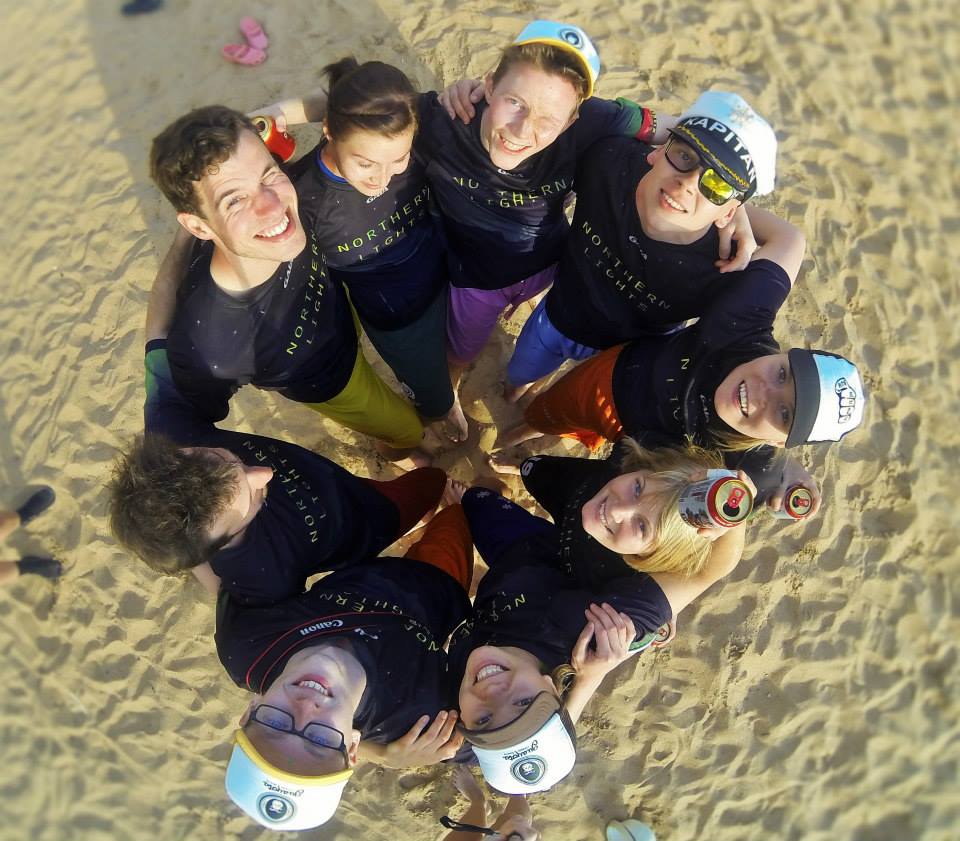 Photo by Jarno Sihvo
Photo by Jarno Sihvo
When talking about collaborative learning and communities I just cannot think of any better examples than team sports. In addition, singing in a choir or playing some instrument in an orchestra or a band are alike to playing team sports because you have a group of people who are complementing each other. I have had my best collaborative learning moments when practicing or playing ultimate frisbee with my teammates. In the practices, we have had more time to talk about what we are aiming to do, why and how all of us are creating our own but also a common understanding of the tactics or strategy. Although I have played ultimate at a competitive level, it still has been a hobby and because of that, the motivation has been high and we have not had to worry about that. Well, that is not actually that simple, but that is another topic.
Normal
0
21
false
false
false
FI
X-NONE
X-NONE
In a team, we have had a common goal or objective, we have been motivated and had a will to succeed and we have needed all the members of the group to reach our goals. I think those are already quite great conditions for collaborative learning.
However, how to transfer the same way of learning together and really meaning that to more academic or educational environment? That is challenging, I admit. I have operated in many groups in my own studies and there were many times when we could not talk about collaborative learning at all. However, when I think about the groups that have worked well, I can find a common feature: communication. Communication has started already when a teacher has assigned the group work: the assignment has been well explained and there has been clear instructions on how to get started with your group and to talk about ground rules and group goals. In addition, there has been communication within the group: open minded people who all want to listen to each other and who feel that they are important for the group and who want to contribute to achieve the common goal.
In the successful groups, I have learned more than I ever could have by studying by myself. In the webinar by Francisca Frenks, Miriam Fischer and David Appel, there was a guestion “Why should we collaborate while working alone is easier and faster?” For me the question is obvious. Yes, working alone might be easier and faster, but not at all that successful and good. In addition, I have noticed, that most of the times working or learning alone is not even that easy or fast.
References:
Francisca Frenks, Miriam Fischer and David Appel (5.11.2019): Webinar